-
Research brief: New technique to select best model subset for extreme projections

This study highlights the importance of simulating global and regional warming responses correctly, to enable more accurate estimates of how the occurrence probability of climate extremes may change in a warming climate.
-
Science Outreach Using Social Media: Oceanography from the Lab to the Public
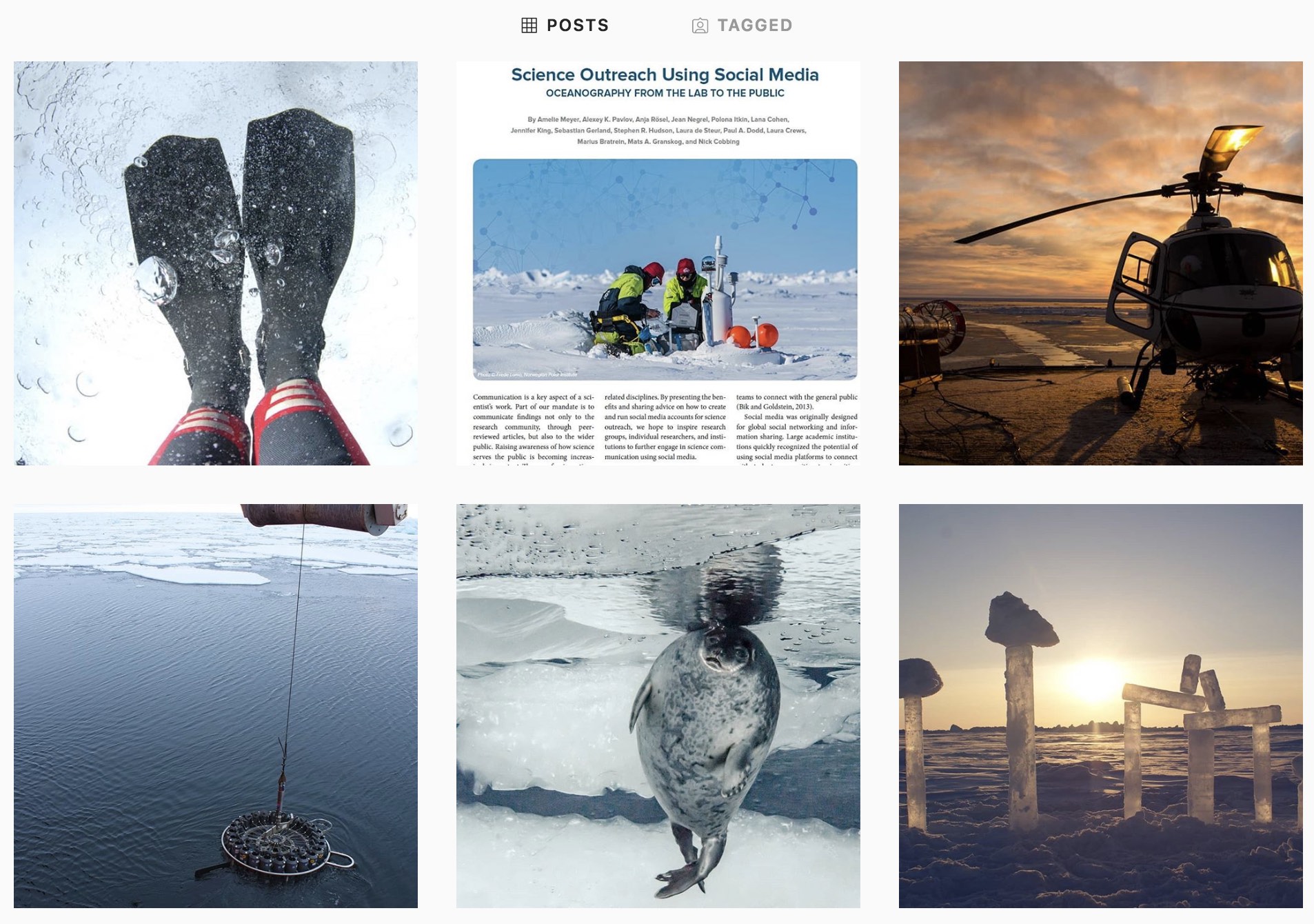
Over four years, the Norwegian Polar Institute’s (NPI) Ocean and Sea Ice team used the social media handle @oceanseaicenpi across Instagram, Twitter and Facebook to communicate its research to peers and the public.
-
Kelp’s record journey exposes Antarctic ecosystems to change
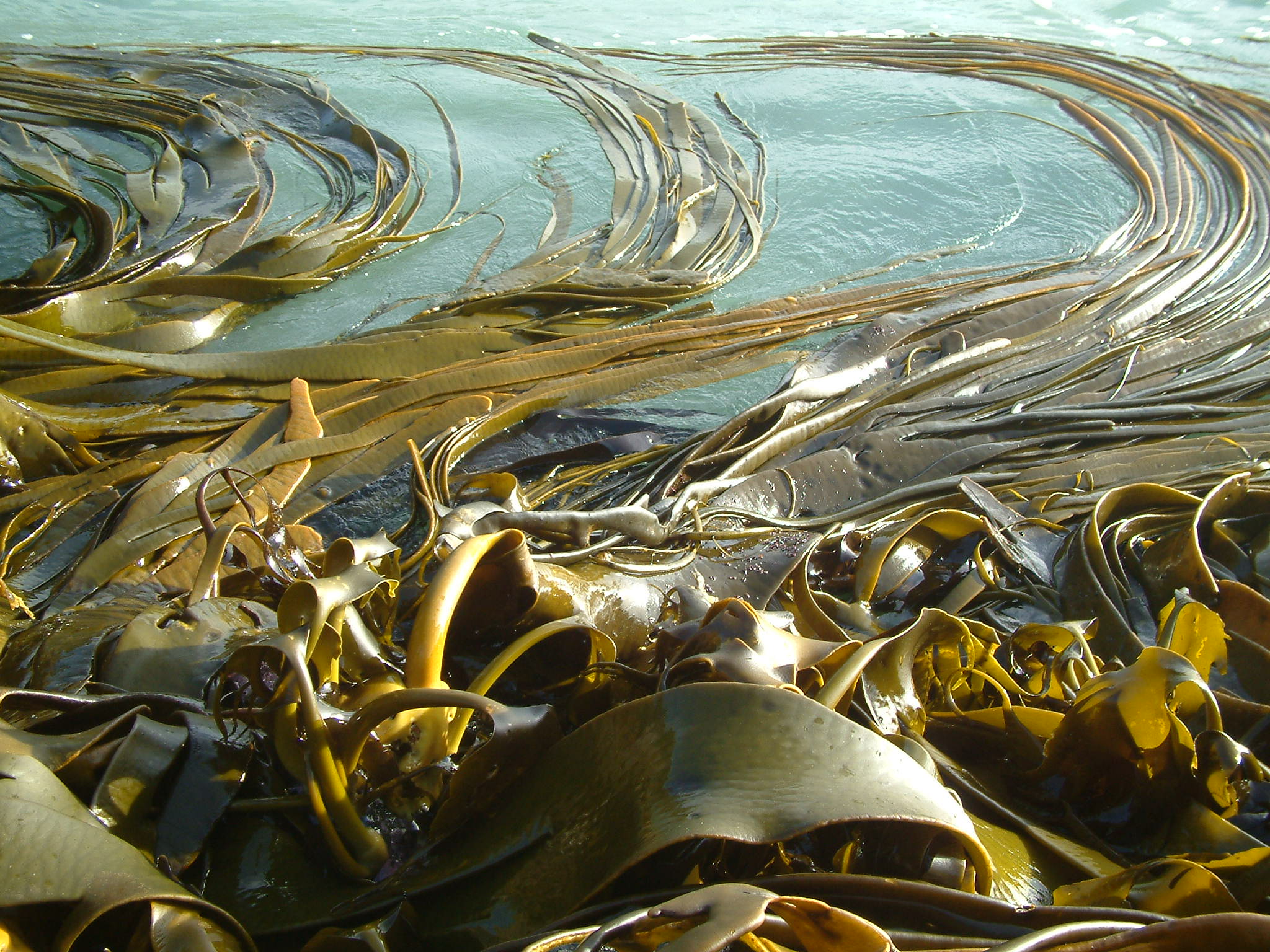
When Chilean researcher Dr Erasmo Macaya from Universidad de Concepción and Centro IDEAL stumbled upon foreign kelp washed up on an Antarctic beach, he knew he had found something significant. Research by an international, multidisciplinary team of scientists reveals just how important that finding was.
-
Research brief: Paris target impacts compared using pattern scaling projections and climate model outputs

In relation to the Paris Agreement targets of 1.5°C and 2°C, new research shows the differences in results between pattern-scaling and climate model output were primarily due to forcings other than changes to greenhouse gas emissions.
-
Climate change to worsen Eastern Australia’s winter pollution

Asthmatics and those affected by polluted environments living around major cities along Australia’s east coast could find life much harder over the next 50 years as stronger inversion layers caused by climate change trap more pollution.
-
Global warming may be twice what climate models predict

Past observations suggest future global warming may eventually be twice as warm as projected by climate models under business-as-usual scenarios and sea levels may rise 6m at 2°C.
-
Research brief: New insight into plant growth under climate change

The application of a simple carbon balance model, combined with a data assimilation approach, has the potential to improve the process understanding embedded in models, which is used to predict responses of the carbon cycle to climate change.
-
Research brief: New research rewrites Southern Ocean mixing calculations
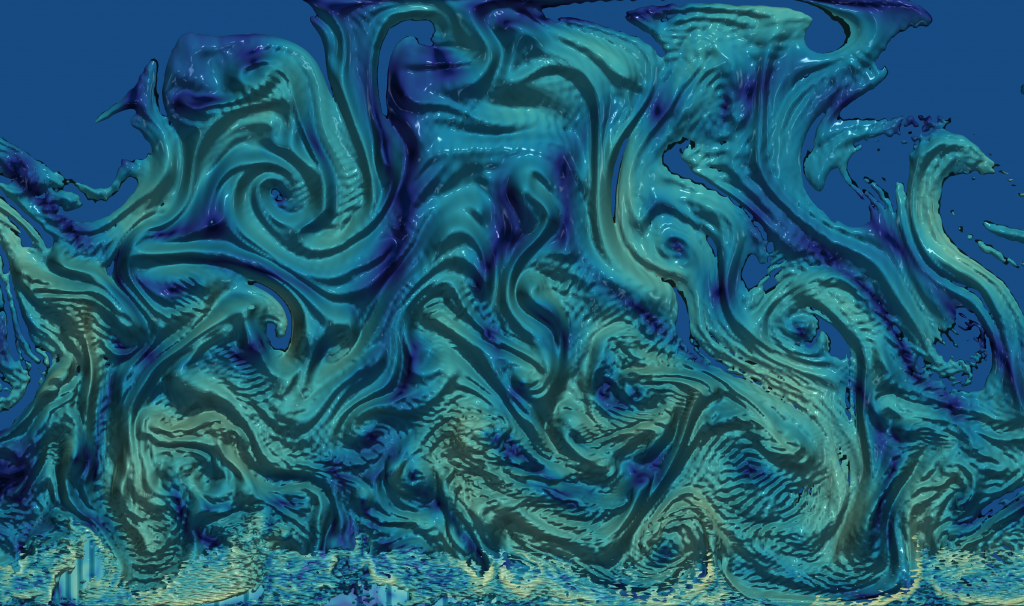
World-first modelling research– which used several million CPU hours in Australia’s fastest supercomputer, Raijin, and ran calculations non-stop for over a year – has revealed the Southern Ocean mixes water between the depths and surface far more easily than previously thought.
-
Wind power a winner for all but Queensland
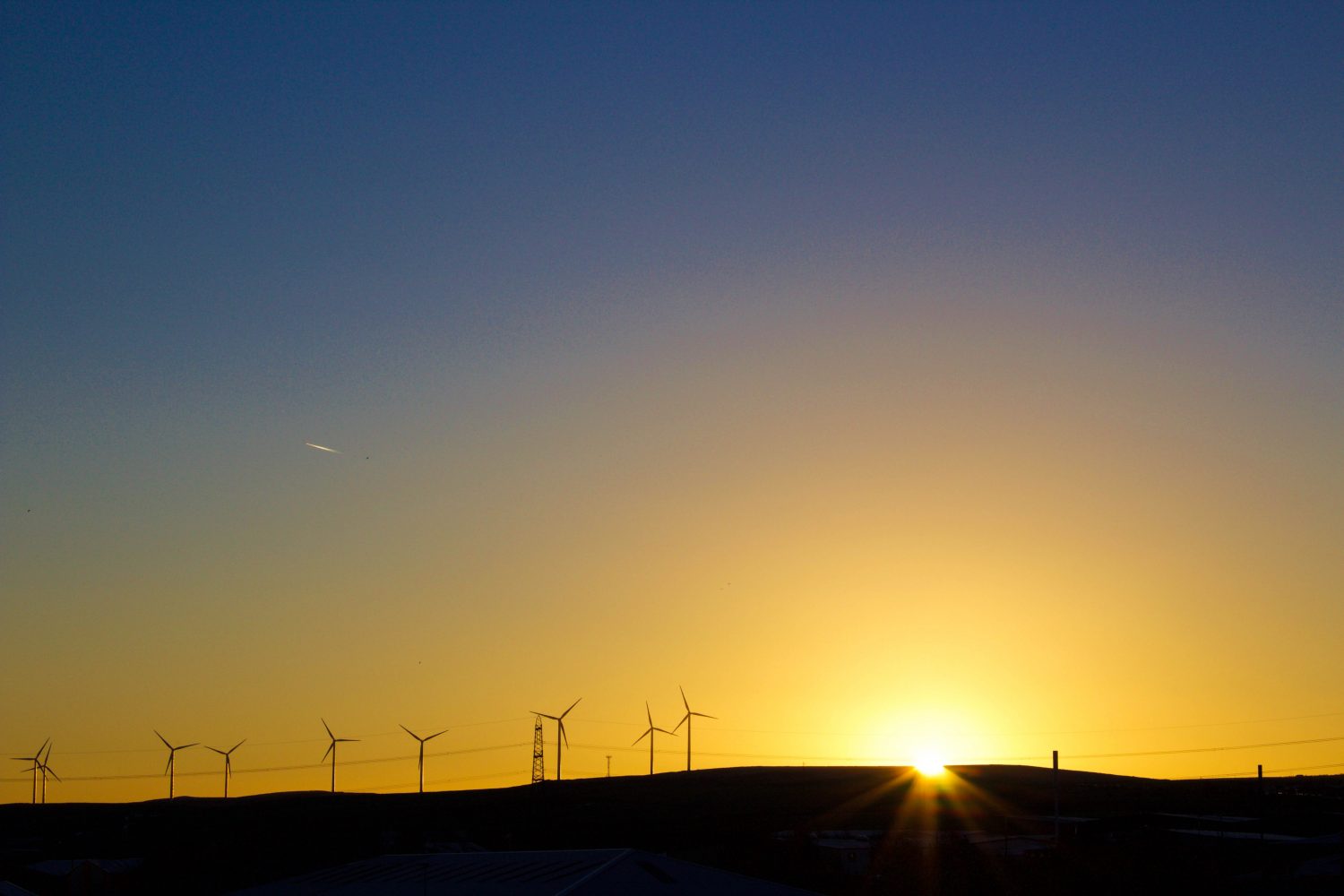
There are clear winners and losers for wind power generation across Australia in the century ahead even though climate change will have little impact on wind speeds, according to new research by the ARC Centre of Excellence for Climate Extremes and School of Photovoltaic and Renewable Energy Engineering at UNSW.
-
Research brief: Measuring changes in our atmosphere from seconds to decades
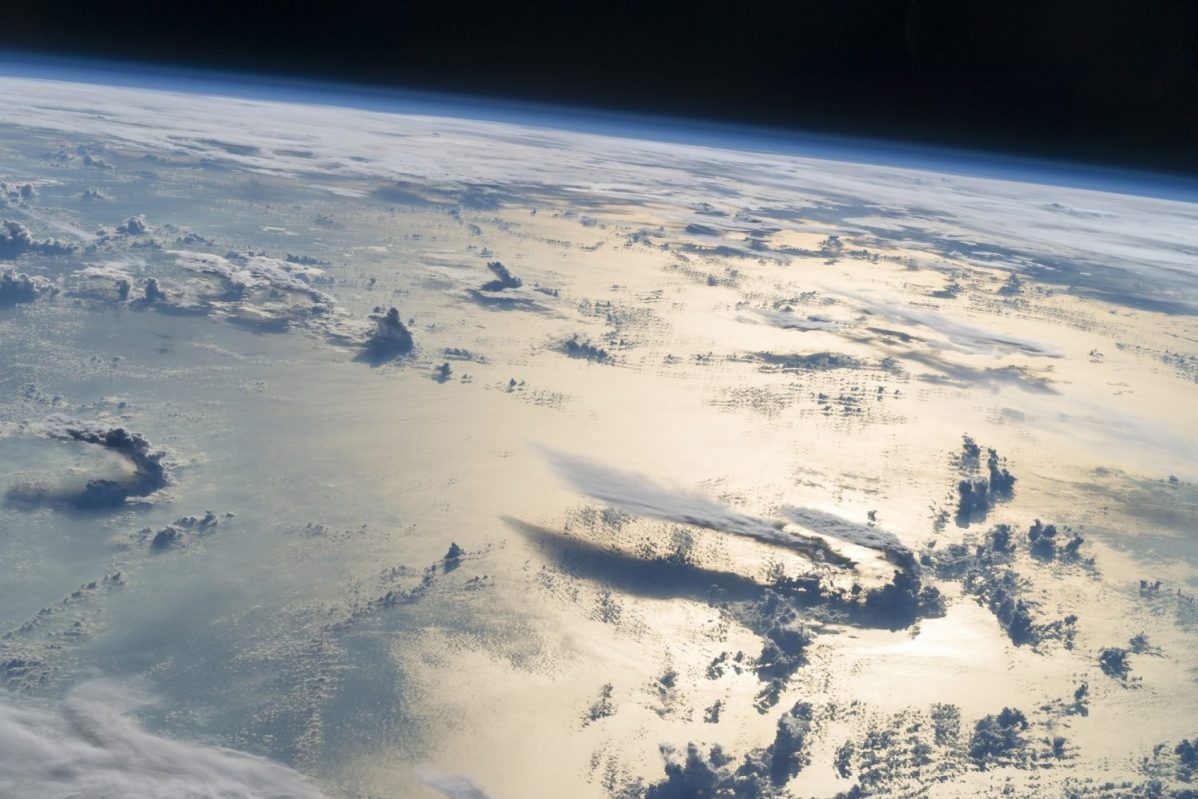
This paper, A census of atmospheric variability from seconds to decades, synthesises and summarises atmospheric variability on time scales from seconds to decades through a phenomenological census. It focuses mainly on unforced variability in the troposphere, stratosphere, and mesosphere.
